BOOK REVIEW: The Pony Express by Charles River Editors
BOOK REVIEW: The Pony Express by Charles River Editors
.
![]()

.
As part of my constant, ongoing study of 19th Century American History, I listened to the Audible version of The Pony Express: The History and Legacy of America’s Most Famous Mail Service, by Charles River Editors. The audio version was narrated by James McSorley.
.
The paperback edition is 42 pages and includes pictures of important people, places, and events. The Audible version’s length is 1 hour and 13 minutes. Bite-sized, succinct, and met my needs to understand the big picture surrounding the 19 months the Pony Express was in service.
.
In 1860, riding for the Pony Express was difficult work. Riders had to be tough and lightweight. A famous advertisement allegedly read:
Wanted: Young, skinny, wiry fellows not over eighteen. Must be expert riders, willing to risk death daily. Orphans preferred. source
.
I believe this short read (or listen) would be of interest and benefit to American history buffs, students, and fans of western historical fiction (including romance) as a greater understanding helps any reader better understand the setting of favorite novels.
.
![Kristin Holt | BOOK REVIEW: The Pony Express by Charles River Editors. Poster from the Pony Express, advertising fast mail delivery to San Francisco. Image created December 31, 1859. [Image: Public Domain] Kristin Holt | BOOK REVIEW: The Pony Express by Charles River Editors. Poster from the Pony Express, advertising fast mail delivery to San Francisco. Image created December 31, 1859. [Image: Public Domain]](https://www.kristinholt.com/wp-content/uploads/2015/09/Pony_Express_Poster.jpg)
Poster from the Pony Express, advertising fast mail delivery to San Francisco. [Image: Public Domain] Image: 1859.
.
Charles River Editors did a fine job bringing together the reasons such a risky undertaking was begun, the challenges faced, vignettes from journals and newspapers, and the overarching historical framework. I particularly enjoyed the brief segments of first-person accounts from individual Riders’ experiences, particularly when caught in blizzards in Nebraska and upon finding the relay station abandoned (no relief horse nor relief rider awaiting…and the mail had to go on, so the exhausted rider mounted up).
.
![]()
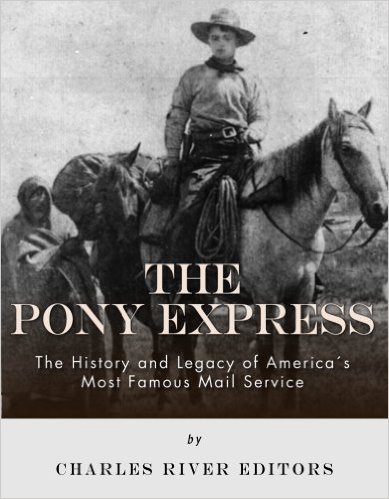
Note: According to Wikipedia’s page for the Pony Express, Frank E. Webner, a Pony Express rider is featured in the historic image on this book’s cover, 1861. [background image Public Domain]
.
![]()
.
Top Five Things I Learned From Listening to this Audio Book:
1. The Pony Express wasn’t nearly as popular or fascinating to the American public during its historic 19 months of operation as it became afterward, when immortalized in Wild West Shows.
.
![Kristin Holt | BOOK REVIEW: The Pony Express by Charles River Editors. Buffalo Bill's Wild West and Congress of Rough Riders of the World. Circus poster showing cowboys rounding up cattle and portrait of Col. W. F. Cody on horseback. Circa 1899. [Image: Public Domain] Kristin Holt | BOOK REVIEW: The Pony Express by Charles River Editors. Buffalo Bill's Wild West and Congress of Rough Riders of the World. Circus poster showing cowboys rounding up cattle and portrait of Col. W. F. Cody on horseback. Circa 1899. [Image: Public Domain]](https://www.kristinholt.com/wp-content/uploads/2015/09/Buffalo-Bill-Wild-West-1024x680.jpg)
Buffalo Bill’s Wild West and Congress of Rough Riders of the World. Circus poster showing cowboys rounding up cattle and portrait of Col. W. F. Cody on horseback. Circa 1899. [Image: Public Domain]
.
2. Very little remains in the way of structures (such as relay stations) in the open stretches between St. Joseph, Missouri and San Francisco, California. In 1860, approximately 157 Pony Express stations stood about 10 miles apart along the route–the distance a horse could travel at a gallop without tiring.
.
3. Several reasons contributed to the relatively short time-span of the Pony Express’s operation, including (but not limited to): the Transcontinental Railroad, the Transcontinental Telegraph, and financial woes.
.
![Kristin Holt | BOOK REVIEW: The Pony Express by Charles River Editors. Image: National Bank Note Company--U.S. Post Office /Hi-res scan of postage stamp issued 1869. Image shows 2 cent United States Postage with an etching of the Pony Express rider. [Image: Public Domain] Kristin Holt | BOOK REVIEW: The Pony Express by Charles River Editors. Image: National Bank Note Company--U.S. Post Office /Hi-res scan of postage stamp issued 1869. Image shows 2 cent United States Postage with an etching of the Pony Express rider. [Image: Public Domain]](https://www.kristinholt.com/wp-content/uploads/2015/09/Post_Horse__Rider_1869_Issue-2c.jpg)
National Bank Note Company–U.S. Post Office /Hi-res scan of postage stamp issued 1869. [Image: Public Domain]
.
4. Pony Express Riders were often young men hired to work the general area they knew best. Nevada boys worked Nevada sections, Utah boys worked Utah sections, etc. Makes a lot of sense. These lightweight, young, fearless men had to ride at sometimes breakneck speed, in all weather conditions, ’round the clock. It makes good sense that they would benefit from knowing the area, climate, and routes intimately.
.
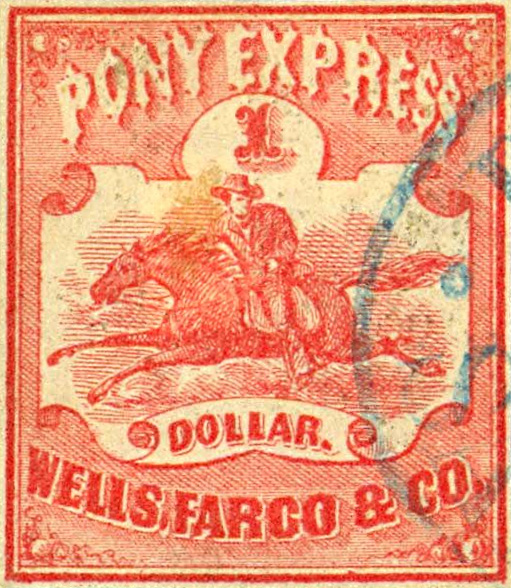
Wells Fargo & Co. Pony Express Stamp, $1 value. [Image: Public Domain]
.
5. Pony Express Riders took an oath of conduct and loyalty, though it was apparently followed with varying degrees of precision.
.
“I, …, do hereby swear, before the Great and Living God, that during my engagement, and while I am an employee of Russell, Majors, and Waddell, I will, under no circumstances, use profane language, that I will drink no intoxicating liquors, that I will not quarrel or fight with any other employee of the firm, and that in every respect I will conduct myself honestly, be faithful to my duties, and so direct all my acts as to win the confidence of my employers, so help me God.”
.
Oath sworn by Pony Express Riders
.
source: Burton, Richard (1862). The City of the Saints. New York: Harper & Brothers as cited by wikipedia.org
.
![]()
![]()
.
The following segment contains books (both fiction and nonfiction, Kindle and paperback/hardback) about the Pony Express.
.
.
Related Articles
.
Updated July 2022
Copyright © 2015 Kristin Holt LC
BOOK REVIEW: The Pony Express by Charles River Editors

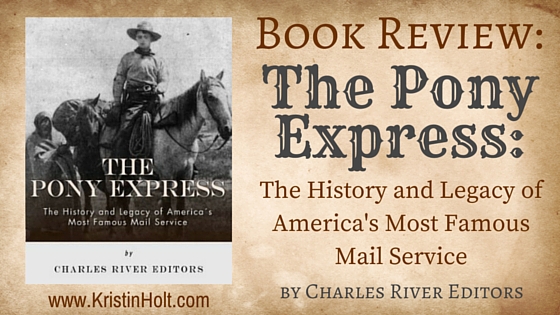
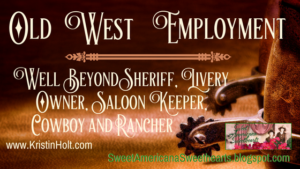



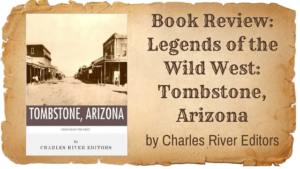
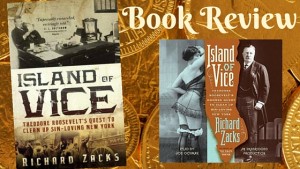
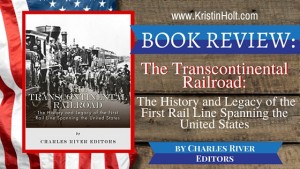

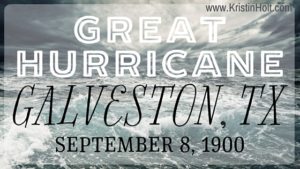


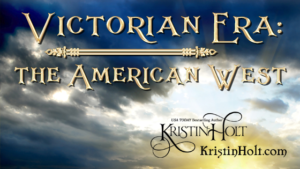








Fun review of a fascinating topic.
Thought you might like to know, Kristin, that Camp Floyd/Stage Coach Inn State Park, in Fairfield, Utah, is a Pony Express Stop.
During the torch run, leading up to the Winter Olympics in Feb, 2002, the torch was carried to the Stage Coach Inn by a reenactor Pony Express rider and I was there in full 1860’s dress to greet him with cheers.
It is a wonderful slice of history, this little spot south west of Salt Lake City. It has attracted the attention of the finest and most renouned Pony Express historians and collectors in the world, and may one day house the definitive mueseum and research facility on the subject.
In addition to all the above Fairfield housed Camp Floyd, which was the largest contingent of the US Army anywhere in the world in 1860. Camp Floyd and its 5,000 soldiers and rumoured 35,000 support citizens, virtually disappeared in 1861 at the on set of the American Civil War.
Thank you, Tracie! As usual, I’m in awe of your grasp of significant history, all over the United States (and beyond). Thank you for your meaningful and helpful response! Knowing this site is so near ‘home’ makes me want to make a day trip, just to kick the dirt and smell the sagebrush and imagine. Thanks for stopping by. =)
Interesting overview, Kristin! Thanks for sharing it. And thanks for including Willow Springs in the book list.
My great, great grandparents operated the first relay station at their ranch in Willow Springs (now Callao, UT). In addition to ranching, my GGgrandfather was also a gold miner and would spend many days on end at his mine in Gold Hill, leaving my GGgrandmother to run the relay station alone. Despite their oaths, PE riders were often a rowdy bunch and my grandmother didn’t feel safe being at the ranch alone with them. So, after several months, my GGgrandparents asked for the station to be moved to its current location. This story has been handed down through the family and we’re still trying to locate photos or an official citation to document it.
Thank you for stopping by, Carolyn, and sharing your family history story about the Pony Express and Willow Springs/Callao, Utah. What a beautiful connection you have to the history of the Pony Express, Utah, and the books you’ve written. I’m fascinated. Thank you! ~Kristin